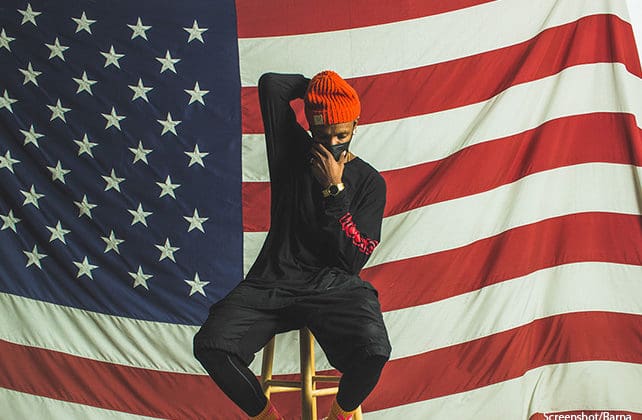
(Barna) This year, the murders of George Floyd, Ahmaud Arbery and Breonna Taylor and the shooting of Jacob Blake have sparked a nationwide conversation about racial justice. Some of the more prominent responses include a series of marches with historic attendance, a players’ strike in the NBA and WNBA and new policies concerning issues such as Confederate symbols on flags and reparations for Black residents. Social media has swirled with resources and hashtags, books on anti-racism have risen to top of the best-seller lists, and leaders in government, business and religious institutions have invited deep and at times public examination of their actions and influence.
One might assume that the events of 2020 have increased awareness of racial injustice in the United States and motivation to address it. But the story isn’t so straightforward, new Barna research (conducted in partnership with Dynata) suggests. Yes, there are signs the past year has clarified how Americans think about racial injustice—but that doesn’t mean they see the issue, or their role within it, with greater urgency. In the Church especially, there is a sense that people are doubling down on divides.
